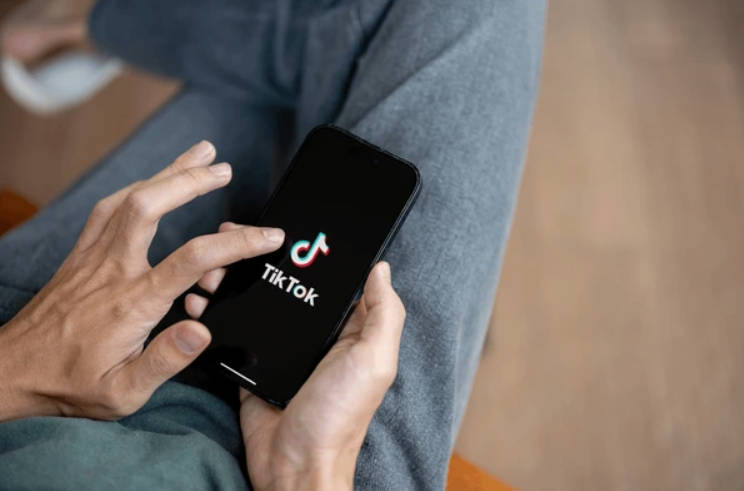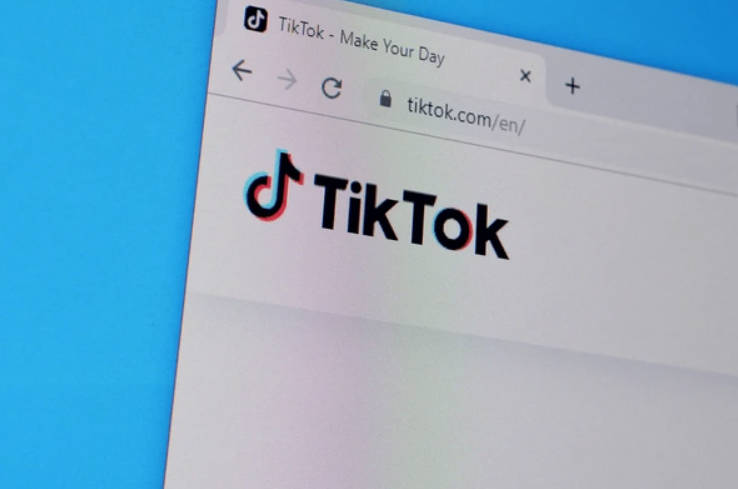Important Information
This website is managed by Ultima Markets’ international entities, and it’s important to emphasise that they are not subject to regulation by the FCA in the UK. Therefore, you must understand that you will not have the FCA’s protection when investing through this website – for example:
- You will not be guaranteed Negative Balance Protection
- You will not be protected by FCA’s leverage restrictions
- You will not have the right to settle disputes via the Financial Ombudsman Service (FOS)
- You will not be protected by Financial Services Compensation Scheme (FSCS)
- Any monies deposited will not be afforded the protection required under the FCA Client Assets Sourcebook. The level of protection for your funds will be determined by the regulations of the relevant local regulator.
Note: Ultima Markets is currently developing a dedicated website for UK clients and expects to onboard UK clients under FCA regulations in 2026.
If you would like to proceed and visit this website, you acknowledge and confirm the following:
- 1.The website is owned by Ultima Markets’ international entities and not by Ultima Markets UK Ltd, which is regulated by the FCA.
- 2.Ultima Markets Limited, or any of the Ultima Markets international entities, are neither based in the UK nor licensed by the FCA.
- 3.You are accessing the website at your own initiative and have not been solicited by Ultima Markets Limited in any way.
- 4.Investing through this website does not grant you the protections provided by the FCA.
- 5.Should you choose to invest through this website or with any of the international Ultima Markets entities, you will be subject to the rules and regulations of the relevant international regulatory authorities, not the FCA.
Ultima Markets wants to make it clear that we are duly licensed and authorised to offer the services and financial derivative products listed on our website. Individuals accessing this website and registering a trading account do so entirely of their own volition and without prior solicitation.
By confirming your decision to proceed with entering the website, you hereby affirm that this decision was solely initiated by you, and no solicitation has been made by any Ultima Markets entity.
I confirm my intention to proceed and enter this websiteIs TikTok Publicly Traded on the Market?
TikTok has become one of the most influential social media platforms globally, with millions of users creating and sharing short-form videos. From viral challenges to influencer marketing, TikTok’s impact on the digital landscape is undeniable. Despite its massive popularity, you cannot buy stock in TikTok directly. So, is TikTok publicly traded? The short answer is no. Here’s why and what options exist for those wanting to invest in TikTok’s growth.
Why Isn’t TikTok Publicly Traded?

TikTok is not publicly traded because it is owned by ByteDance, a private Chinese tech company. ByteDance has maintained full control over its operations, and the company has opted to stay private, meaning its shares are not available on any public stock exchanges.
As a private company, ByteDance is not required to disclose financial information or answer to shareholders in the way a publicly traded company would.
Since TikTok is not publicly traded, individual investors can’t directly buy stock in the company. Instead, investors must find alternative ways to gain exposure to TikTok’s growth.
Can You Buy TikTok Stock?
Currently, no. TikTok is not publicly traded, meaning you cannot purchase TikTok stock directly on the market. However, there are a couple of indirect methods you can use to potentially benefit from TikTok’s success.
1. Investing in Companies That Hold ByteDance Shares
As we’ve mentioned earlier, TikTok is owned by ByteDance so one way to gain indirect exposure to TikTok is by investing in companies that hold shares in ByteDance. Notably, SoftBank and KKR have both invested heavily in ByteDance. These companies are publicly traded, and by purchasing their stocks, you can indirectly benefit from ByteDance’s performance, including TikTok.
- KKR: A global investment firm that has been an investor in ByteDance since 2018.
- SoftBank: A Japanese multinational that has also invested in ByteDance through its Vision Fund.
Investing in these firms gives you exposure to ByteDance’s growth but comes with the added benefit (and risk) of diversification through their other investments.
2. Working for TikTok
Another indirect way to invest in TikTok is by becoming an employee. TikTok offers stock options to its employees, which means those working for the company may have the opportunity to own shares in ByteDance.
However, this option is limited to TikTok’s staff and isn’t an option for general investors.
Will ByteDance Go Public?

Now that we’ve discussed the indirect ways to gain exposure to TikTok, it’s important to consider whether ByteDance, the parent company of TikTok, has plans to go public. As of now, ByteDance has not made any moves to take TikTok public. However, it’s possible that ByteDance could go public in the future, and this could impact the availability of TikTok shares for investors.
In fact, ByteDance has considered an IPO before, but recent actions suggest that it may not be in the immediate cards. For example, in 2024, ByteDance conducted share buybacks, allowing early investors to cash out at a valuation of $300 billion, without the need for a public offering. These buybacks signal that ByteDance is comfortable as a private company for now.
Given these factors, it’s clear that TikTok is not publicly traded right now, and ByteDance’s IPO may still be some years away.
The Impact of Regulatory Risks on TikTok’s IPO
One significant reason why TikTok is not publicly traded yet is the regulatory scrutiny ByteDance faces, especially in the U.S. The U.S. government has raised concerns about TikTok’s data privacy practices and its potential ties to the Chinese government, which could lead to a ban on the app. These regulatory challenges could affect ByteDance’s valuation and its decision to go public.
In January 2025, the U.S. government enacted a ban on TikTok, although a recent executive order granted the company an extension. The outcome of these regulatory concerns will likely play a major role in whether ByteDance ever decides to take TikTok public.
Alternative Social Media Investment Options
If you’re interested in investing in social media but TikTok is not publicly traded, consider investing in other platforms like Meta Platforms, which owns Facebook, Instagram, and WhatsApp.
You can also buy shares in Snap Inc., the parent company of Snapchat. These platforms operate in a similar space and offer similar growth opportunities for investors.
Conclusion: Is TikTok Publicly Traded?

To sum it up, TikTok is not publicly traded—at least not yet. For now, the only way to gain exposure to TikTok is through companies like KKR and SoftBank, which hold shares in ByteDance.
While ByteDance has yet to take TikTok public, the possibility of an IPO could arise in the future, especially if the company resolves its regulatory challenges.
For now, if you’re interested in social media investments, consider other publicly traded companies in the space, such as Meta or Snapchat. As for TikTok, its journey to the stock market remains uncertain, but for those looking for indirect exposure, investing in firms with stakes in ByteDance might be your best bet.
Ready to start your investment journey today? Explore a world of opportunities with Ultima Markets, where you can trade a diverse range of financial instruments, gain exclusive access to educational resources, and stay ahead in the market!
Disclaimer: This content is provided for informational purposes only and does not constitute, and should not be construed as, financial, investment, or other professional advice. No statement or opinion contained here in should be considered a recommendation by Ultima Markets or the author regarding any specific investment product, strategy, or transaction. Readers are advised not to rely solely on this material when making investment decisions and should seek independent advice where appropriate.












